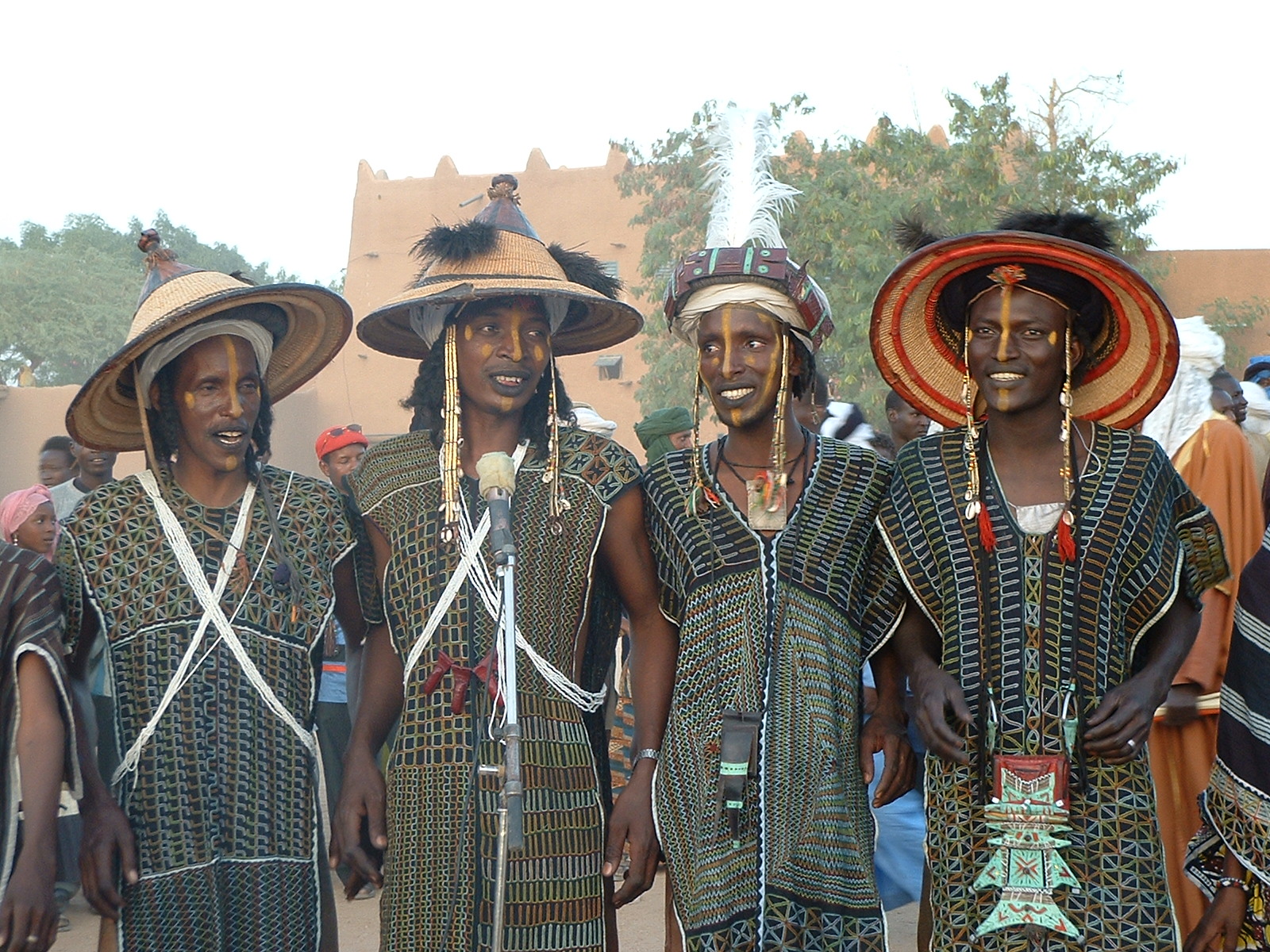
FORO INTERNACIONAL DE LOS PUEBLOS INDÍGENAS SOBRE CAMBIO CLIMÁTICO
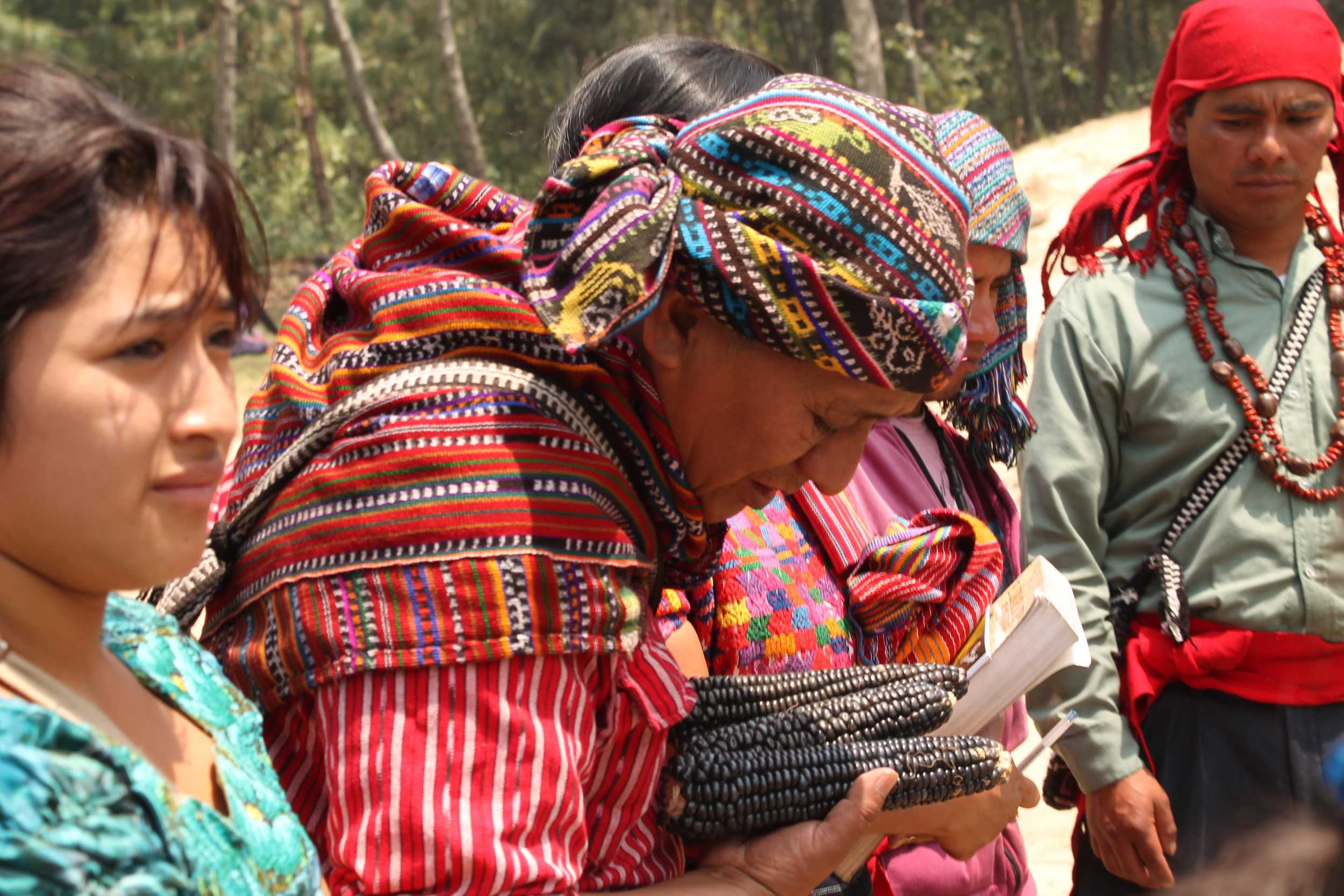
FORO INTERNACIONAL DE LOS PUEBLOS INDÍGENAS SOBRE CAMBIO CLIMÁTICO
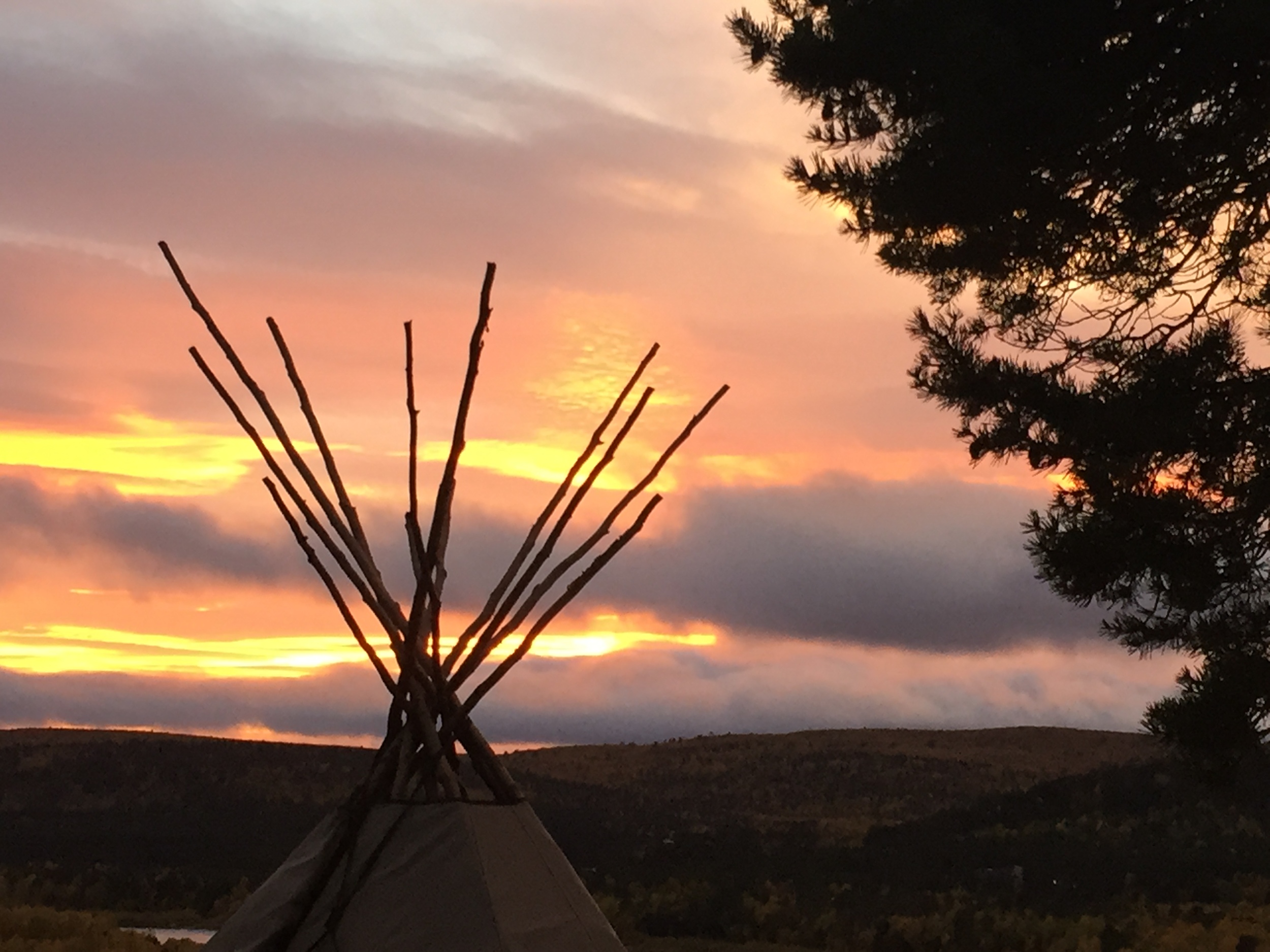
FORO INTERNACIONAL DE LOS PUEBLOS INDÍGENAS SOBRE CAMBIO CLIMÁTICO
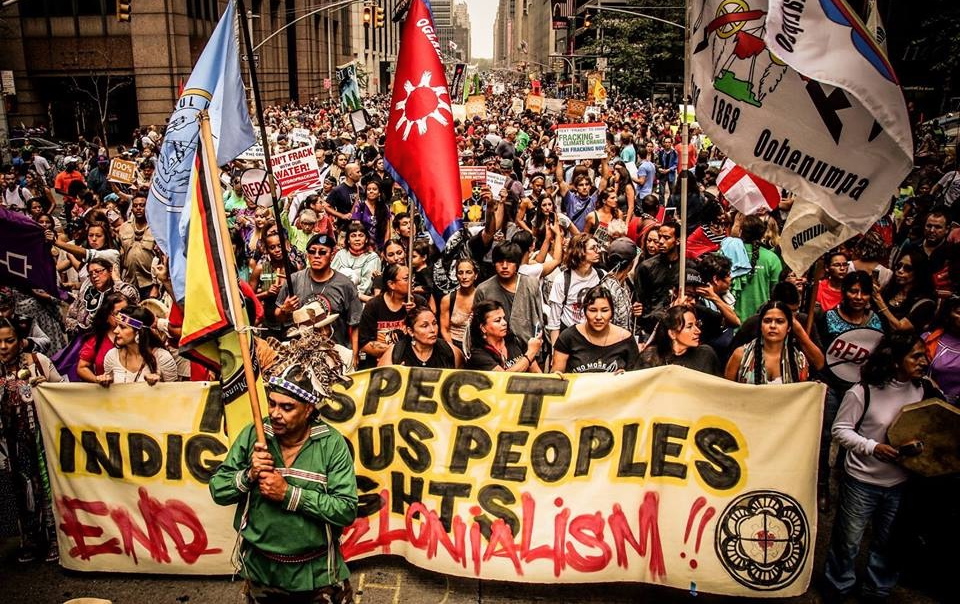
FORO INTERNACIONAL DE LOS PUEBLOS INDÍGENAS SOBRE CAMBIO CLIMÁTICO

FORO INTERNACIONAL DE LOS PUEBLOS INDÍGENAS SOBRE CAMBIO CLIMÁTICO
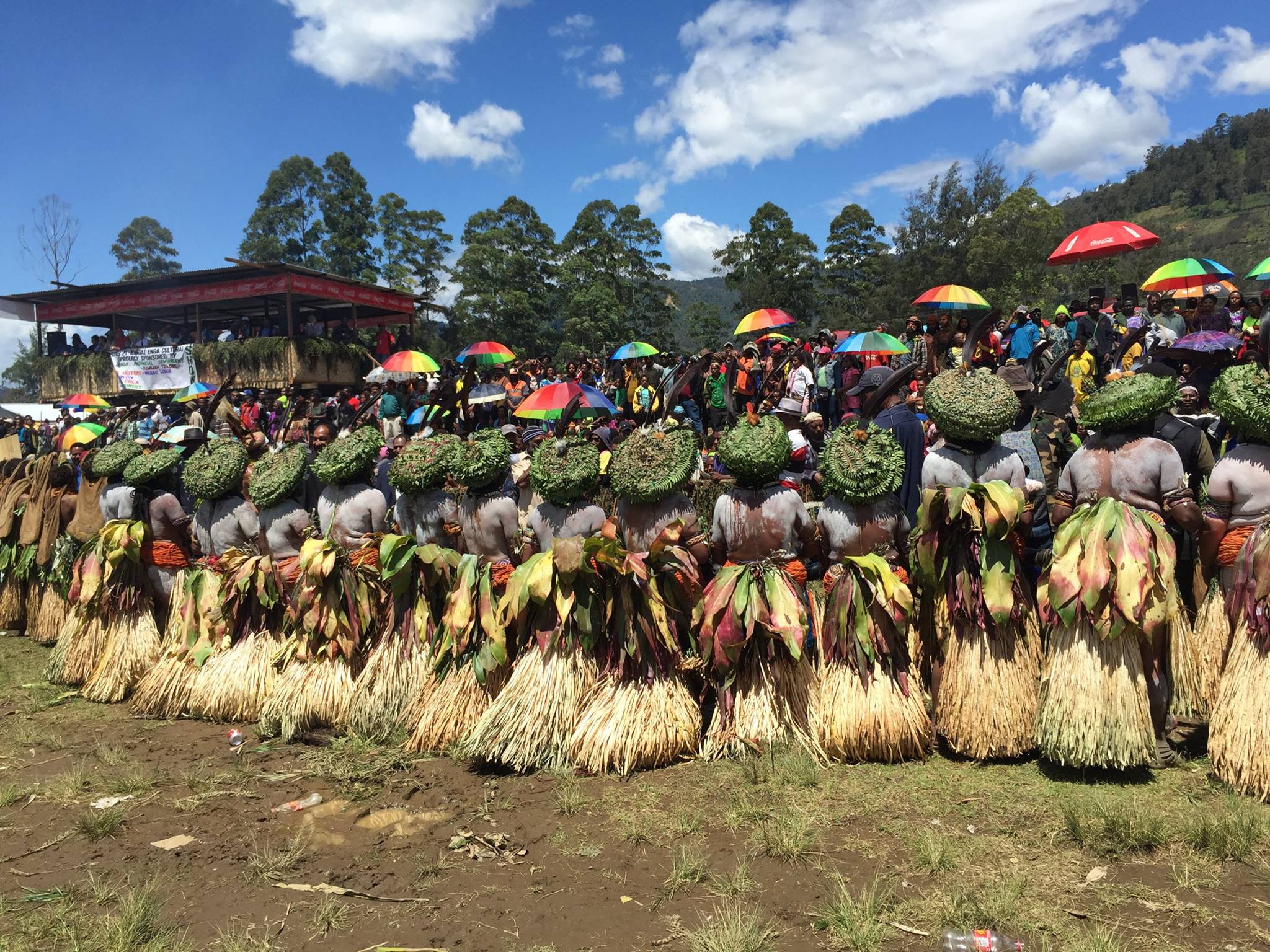
FORO INTERNACIONAL DE LOS PUEBLOS INDÍGENAS SOBRE CAMBIO CLIMÁTICO

FORO INTERNACIONAL DE LOS PUEBLOS INDÍGENAS SOBRE CAMBIO CLIMÁTICO
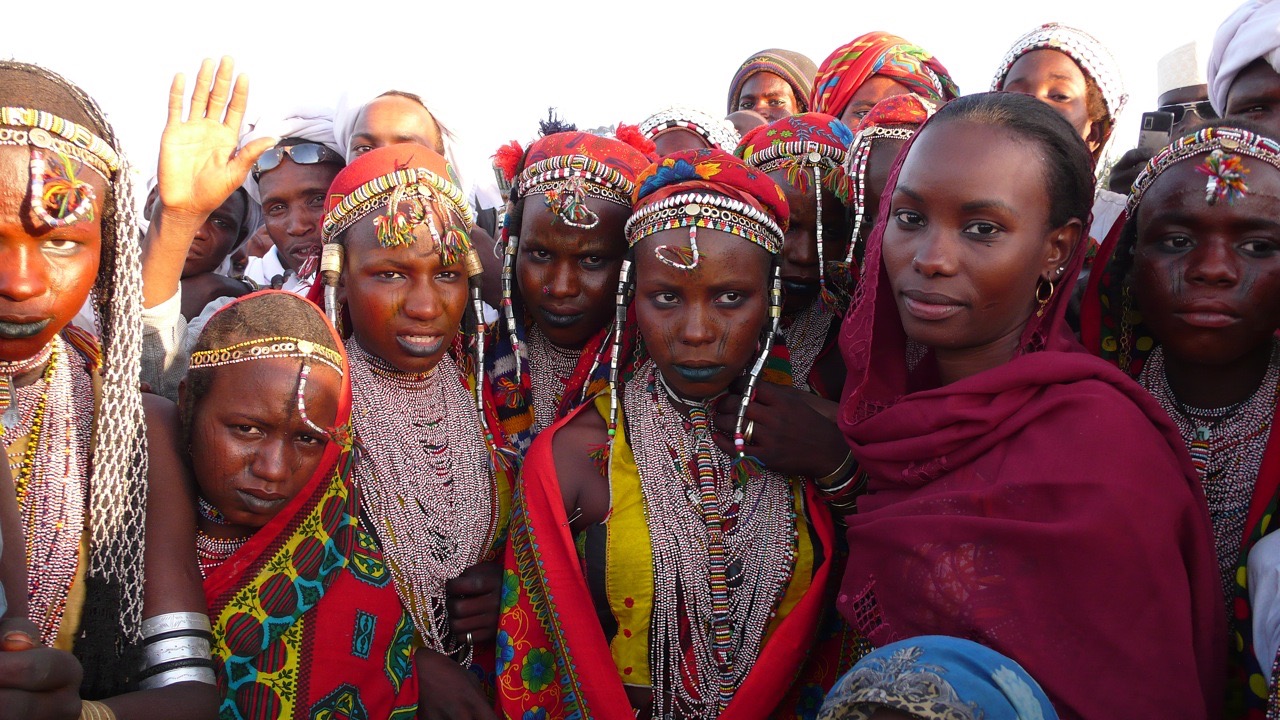
FORO INTERNACIONAL DE LOS PUEBLOS INDÍGENAS SOBRE CAMBIO CLIMÁTICO
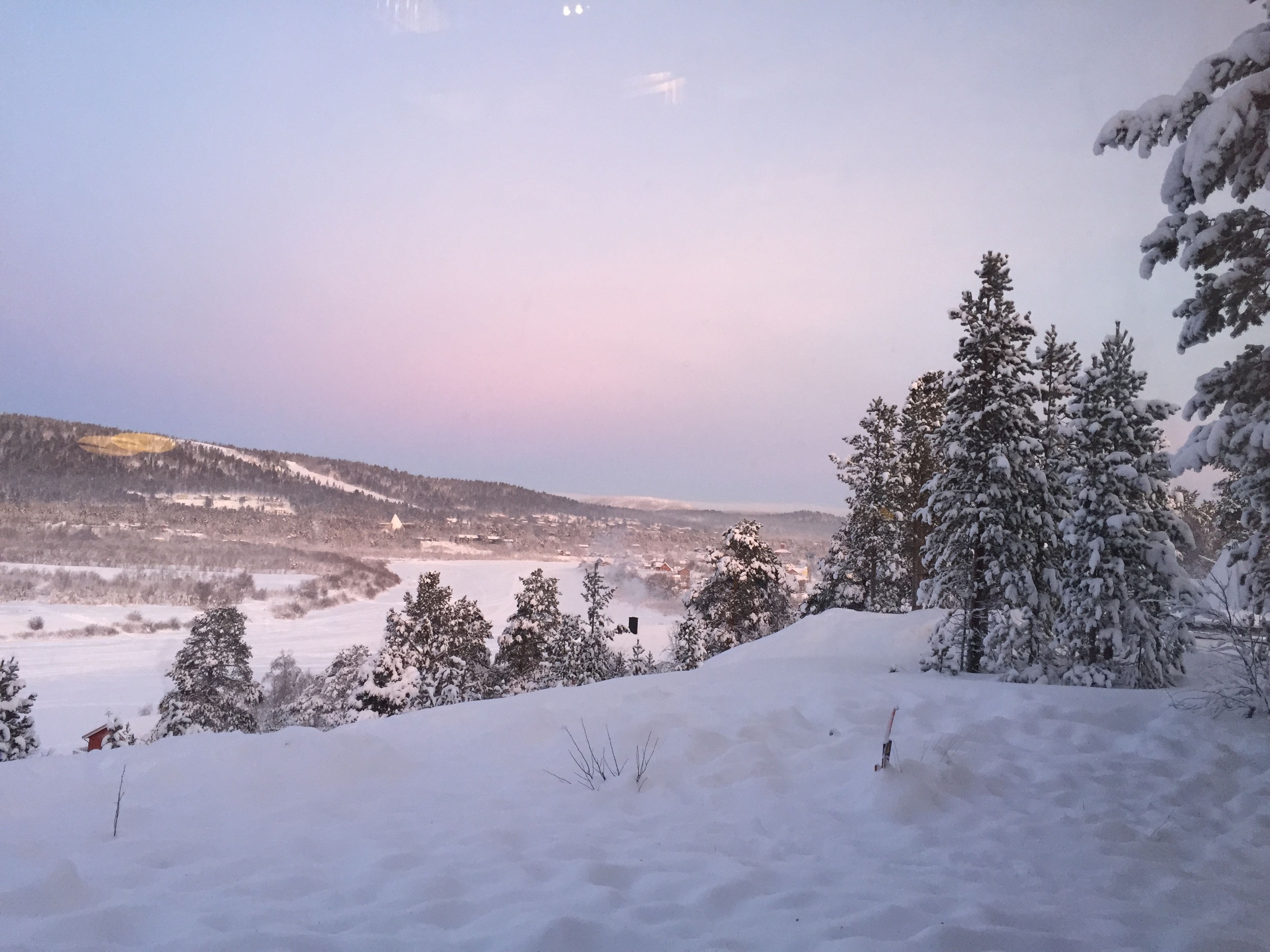
FORO INTERNACIONAL DE LOS PUEBLOS INDÍGENAS SOBRE CAMBIO CLIMÁTICO
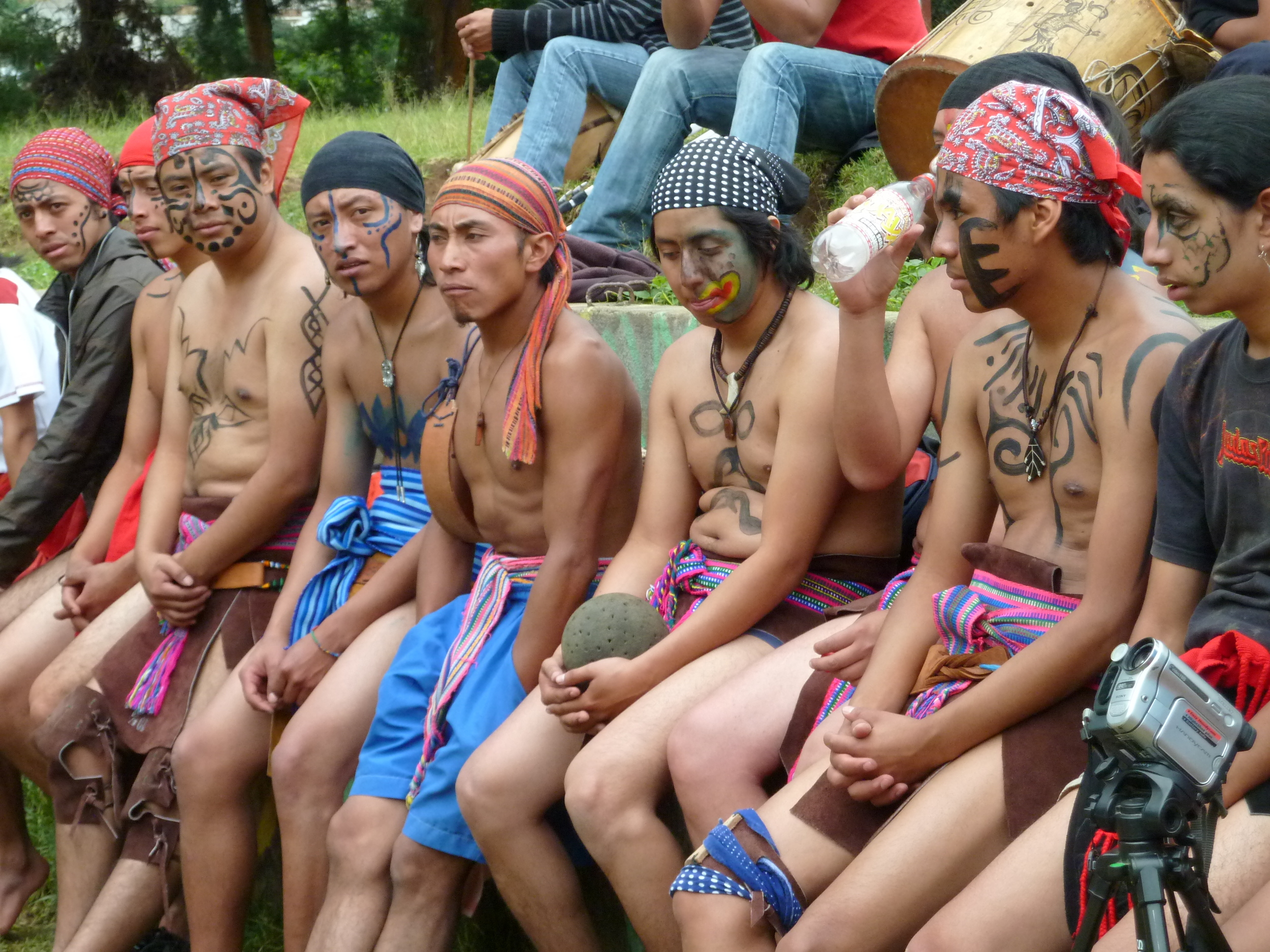
FORO INTERNACIONAL DE LOS PUEBLOS INDÍGENAS SOBRE CAMBIO CLIMÁTICO

FORO INTERNACIONAL DE LOS PUEBLOS INDÍGENAS SOBRE CAMBIO CLIMÁTICO

FORO INTERNACIONAL DE LOS PUEBLOS INDÍGENAS SOBRE CAMBIO CLIMÁTICO
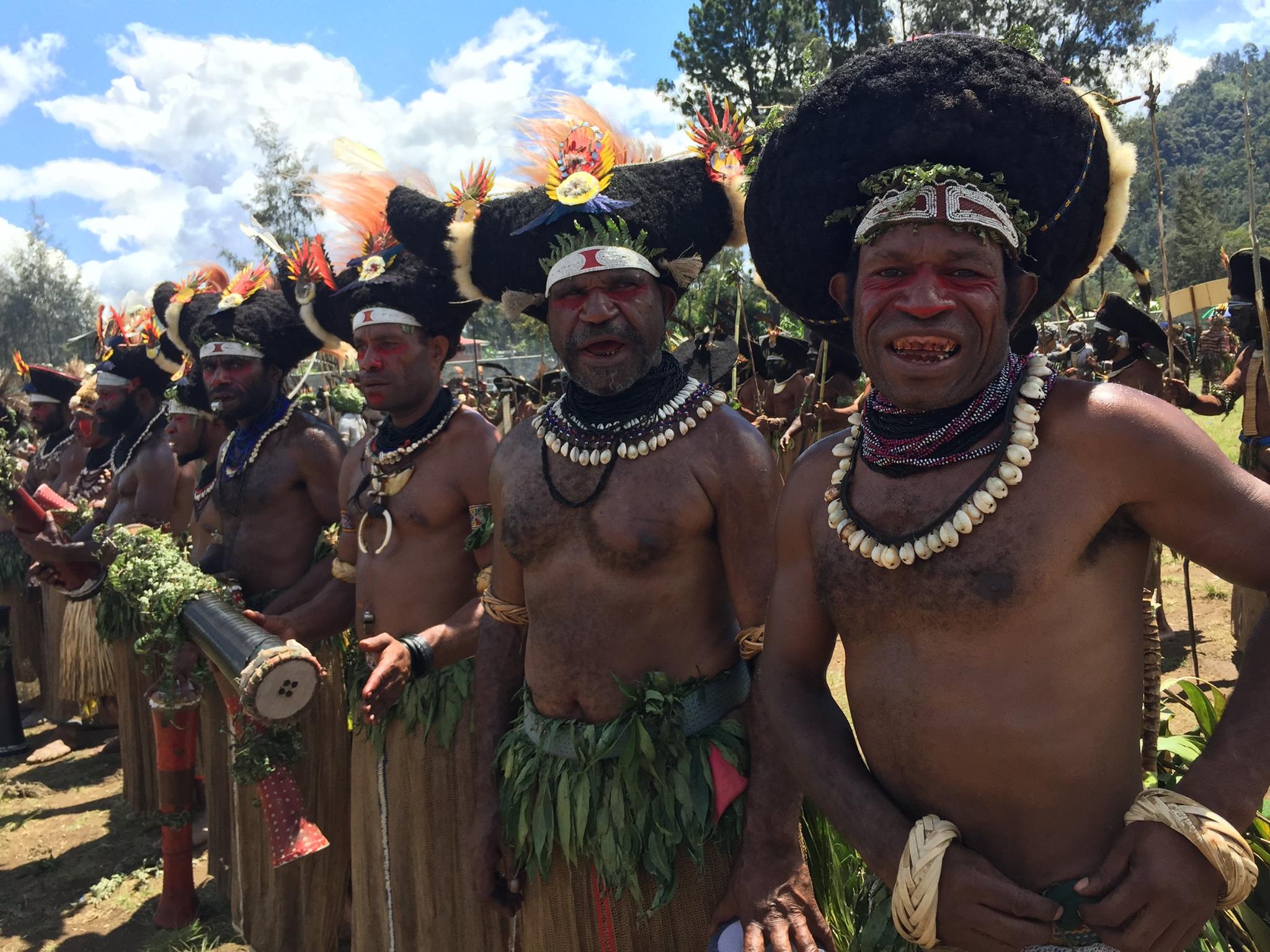
FORO INTERNACIONAL DE LOS PUEBLOS INDÍGENAS SOBRE CAMBIO CLIMÁTICO
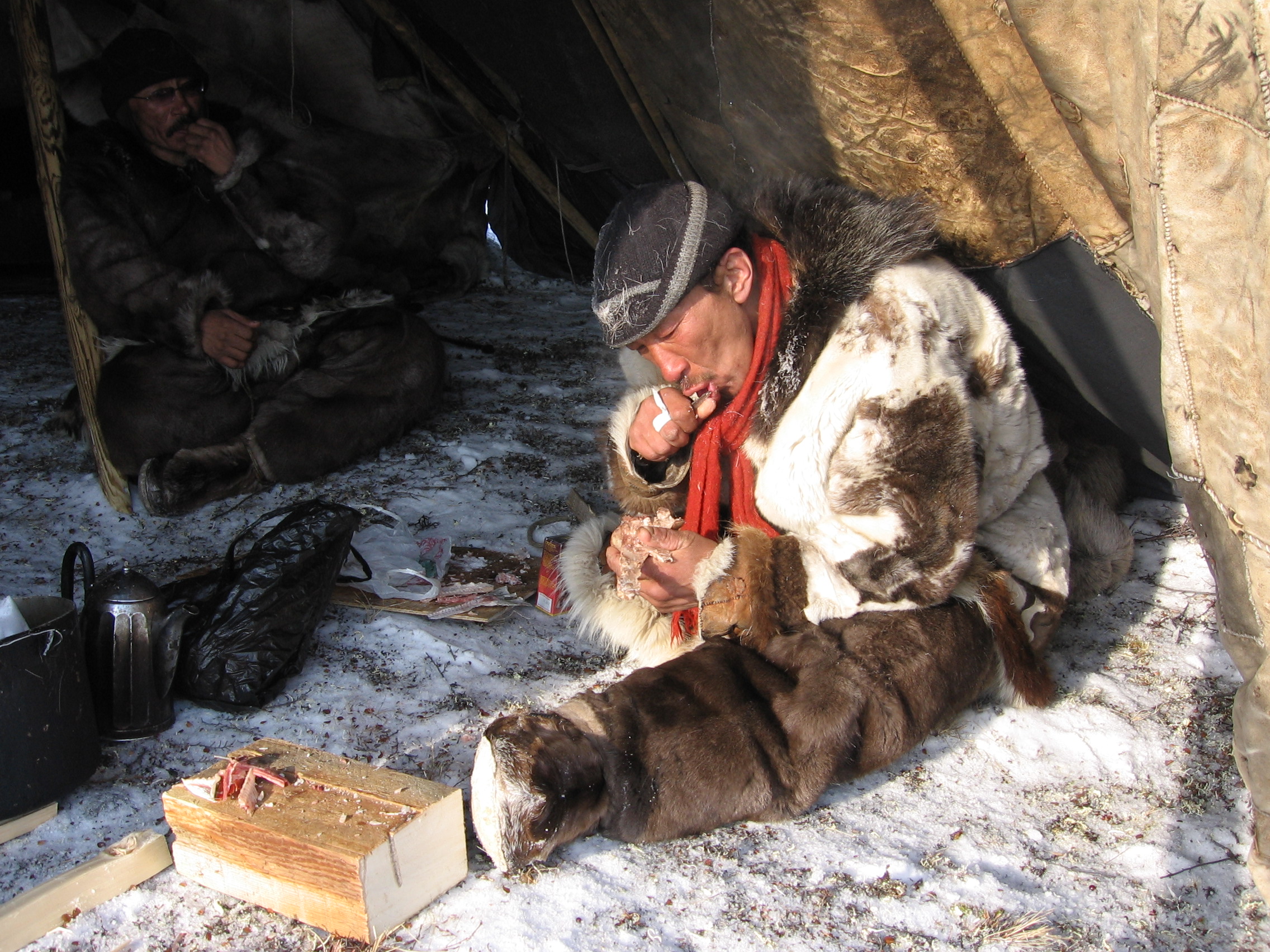
FORO INTERNACIONAL DE LOS PUEBLOS INDÍGENAS SOBRE CAMBIO CLIMÁTICO
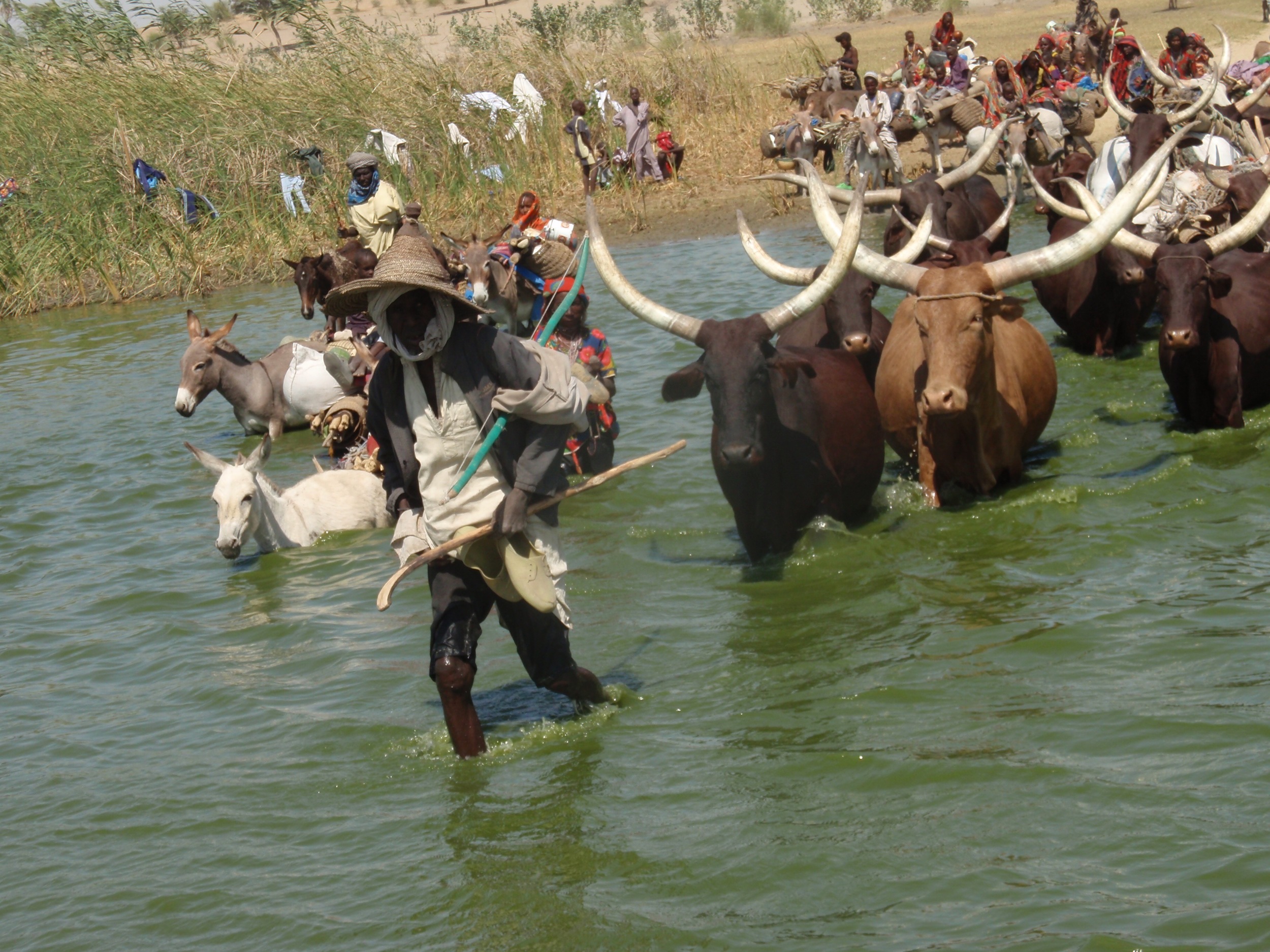
FORO INTERNACIONAL DE LOS PUEBLOS INDÍGENAS SOBRE CAMBIO CLIMÁTICO
Intervention by the International Indigenous Peoples Forum on Climate Change (IIPFCC). Presented by Andrea Carmen, IITC, on behalf of the IIPFCC
Sobre el FIPICC
El Foro Internacional de Pueblos Indígenas sobre Cambio Climático (FIPICC) se creó en 2008 como el comité para los pueblos indígenas que participan en los procesos de la Convención Marco de las Naciones Unidas sobre el Cambio Climático (CMNUCC). La FIPICC representa a los miembros que asisten a las Conferencias de las Partes (COP, en sus siglas en inglés) y sesiones entre periodos de sesiones de los organismos SBSTA/SBI...
Recursos
2016: COP22
Declaraciones e intervenciones en la COP22: Haga clic aquí
El “Pabellón de las Comunidades y de los Pueblos Indígenas: Conocimiento Tradicional para la Acción Climática” (Pabellón): Haga clic aquí
Programa del Pabellón indígena: Haga clic aquí
Temas Clave
Climate change impacts
Indigenous peoples (IP) are among the first to face the direct consequences of climate change. Given their widespread reliance on natural resources and ecosystems, indigenous peoples and local communities are especially vulnerable to, and disproportionately impacted by, its effects. Changes in temperature or rainfall can have an outsized effect on these communities, resulting in loss of land or resources, or in the worst of cases, even violent conflict.



